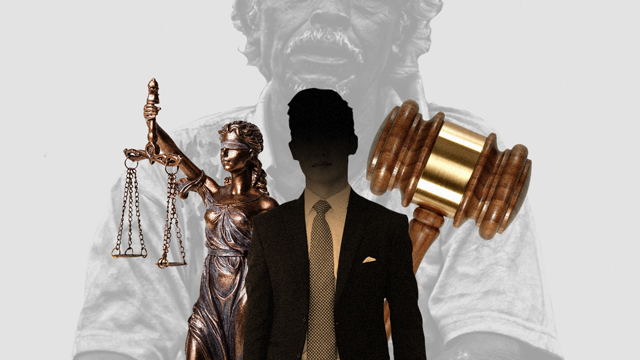Factual findings of quasi-judicial bodies
The settled rule that factual findings of quasi-judicial bodies, which have
acquired expertise because their jurisdiction is confined to specific matters,
are generally accorded not only respect, but also finality, especially when
affirmed by the Court of Appeals. The foregoing rule is complemented by Section 19 of Executive Order (E.O.) No.
1008, as amended, which states that: "(t)he arbitral award shall be binding
upon the parties. It shall be final and inappealable except on questions of
law which shall be appealable to the Supreme Court."
The foregoing rule is complemented by Section 19 of Executive Order (E.O.) No.
1008, as amended, which states that: "(t)he arbitral award shall be binding
upon the parties. It shall be final and inappealable except on questions of
law which shall be appealable to the Supreme Court."
The Supreme Court has thus ruled:
 The foregoing rule is complemented by Section 19 of Executive Order (E.O.) No.
1008, as amended, which states that: "(t)he arbitral award shall be binding
upon the parties. It shall be final and inappealable except on questions of
law which shall be appealable to the Supreme Court."
The foregoing rule is complemented by Section 19 of Executive Order (E.O.) No.
1008, as amended, which states that: "(t)he arbitral award shall be binding
upon the parties. It shall be final and inappealable except on questions of
law which shall be appealable to the Supreme Court."The Supreme Court has thus ruled:
The [Supreme] Court will not review the factual findings of an arbitral tribunal upon the artful allegation that such body had "misapprehended the facts" and will not pass upon issues which are, at bottom, issues of fact, no matter how cleverly disguised they might be as "legal questions." The parties here had recourse to arbitration and chose the arbitrators themselves; they must have' had confidence in such arbitrators. The [Supreme] Court will not, therefore, permit the parties to relitigate before it the issues of facts previously presented and argued before the Arbitral Tribunal x x x.[1]
The rule admits of certain exceptions. As laid down in Shinryo (Phils.) Company, Inc. v. RRN, Inc.,[2] factual findings of construction arbitrators may be reviewed by the Supreme Court when the petitioner proves affirmatively that:
(1) the award was procured by corruption, fraud or other undue means; (2) there was evident partiality or corruption of the arbitrators or any of them; (3) the arbitrators were guilty of misconduct in refusing to hear evidence pertinent and material to the controversy; (4) one or more of the arbitrators were disqualified to act as such under Section nine of Republic Act No. 876 and willfully refrained from disclosing such disqualifications or of any other misbehavior by which the rights of any party have been materially prejudiced; or (5) the arbitrators exceeded their powers, or so imperfectly executed them, that a mutual, final and definite award upon the subject matter submitted to them was not made.
Other recognized exceptions are as follows: (1) when there is a very clear showing of grave abuse of discretion resulting in lack or loss of jurisdiction as when a party was deprived of a fair opportunity to present its position before the Arbitral Tribunal or when an award is obtained through fraud or the corruption of arbitrators, (2) when the findings of the Court of Appeals are contrary to those of the CIAC, and (3) when a party is deprived of administrative due process.[3]
[1] Shinryo (Phils.) Company, Inc. v. RRN, Inc., 648 Phil. 342, 352-353
(2010), citing Uniwide Sales Realty and Resources Corp. v. Titan-Ikeda
Construction & Dev't. Corp., 540 Phil. 350, 376 (2006).
[2] 648
Phil. 342 (2010).
[3] Id. at 350, citing Uniwide Sales Realty and
Resources Corp. v. Titan-Ikeda Construction & Dev't. Corp., supra note 28,
at 360-361.
